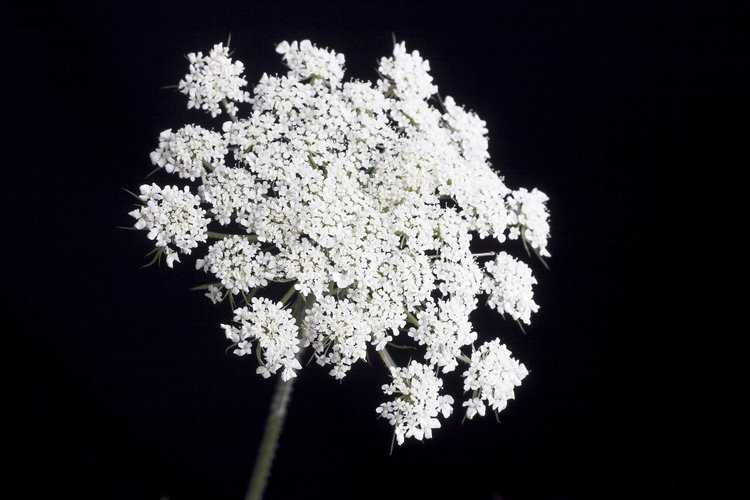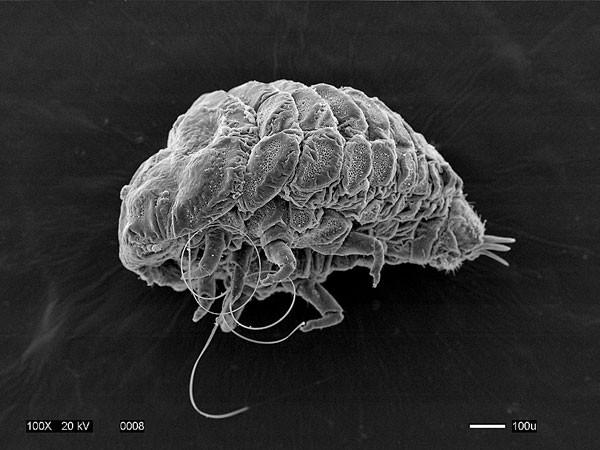Protecting Trees from Overwintering Pests with Dormant Oil

We are quickly approaching the best time of year to provide proactive care of trees by spraying dormant oil as we enter late winter and early spring. Dormant oil is a natural way to protect trees from overwintering pests, larvae, and eggs. Here at Lyndon Tree Care & Landscaping, we want to give you some guidelines we follow on how to use dormant oil and explain the process to you.
While dormant oil can be used on many different plants, we focus on hemlocks and fruit trees in our area of western Massachusetts. Hemlocks can be very susceptible to hemlock woolly adelgid (HWA) and elongate hemlock scale. These two insects can cause significant damage and even kill hemlocks in a matter of years. Spraying dormant oil is a great way to reduce the population before it becomes an infestation, which is much more difficult to combat. Helping to maintain the overall health and well-being of your trees is recommended in tandem with this spray.
HOW IT WORKS:
When the oil is sprayed on the trees before the buds begin to swell, it suffocates the insects and their eggs that nest in the branches. Fewer hatching eggs means fewer insects feeding on and damaging the tree. Spraying dormant oil won’t completely eliminate the pests, but it will significantly minimize future damage. Pruning storm damage breaks and deadwood, making sure the tree has enough water in droughts or dry months, and fertilizing (with the exception of nitrogen) will all aid the work of the dormant oil treatment to increase the tree’s chance for survival.

WHEN TO SPRAY:
Timing for dormant oil spray is weather dependent. The spray should be applied before the buds on the trees haven’t begun to swell, but not if the temperature is below 40 degrees F for at least 24 hours. Wind and rain also impede application, so a calm and temperate day is required.
DO I NEED TO WORRY ABOUT THIS?
To the untrained eye, it can be very difficult to spot signs of infestation and poor health in plants and trees. But because pest populations thrive on weak and stressed plants, it’s vital to understand the overall health of your trees. In addition, you need to be aware of any infestations in neighboring trees, which could spread to other properties. We recommend that you call a professional arborist to inspect your trees for these threats and evaluate their overall health. Even if trees aren’t yet infected, being vigilant and proactive can help you cultivate a healthy, vibrant landscape that lasts.
Lyndon Tree Care and Landscaping is happy to provide consultation services if you’re at all curious about the health of your trees and shrubs. We’ll give you a full run down and make recommendations if any interventions would be helpful. Contact us today!
